Entering A New Stage
When it comes to confronting Chinese military pressure, Japan and the Philippines seem to be on the same page with both nations having territorial disputes with neighboring Beijing.
If we take such background into account, it is certainly natural for Tokyo and Manila to not only deepen existing ties, but also expanding their military cooperation to a quasi-alliance level.
Both countries already conduct joint exercises via their common ally, the United States, and this is expected to become a regular event in the near future. There are even plans to temporarily deploy the Japanese Self-Defense Forces to the Philippines, which would present a historical mark in the postwar relations.
Considering the atrocities committed by Imperial Japan during WW2, the Japanese military being rotationally deployed to the Philippines indicates just how much the world has changed.
Of course, the public sentiment towards Japan were not always great, but the postwar cooperation has made reconciliation possible, and with Beijing flexing its muscles right next door, Manila has opted to prioritize present-day issues rather than the past.
Lifting Capabilities
So, what are the prospects for the military cooperation between Japan and the Philippines?
Alongside joint exercises and possible deployments, Japan hopes to lift the overall capability of the Filipino military.
Unfortunately, the current state of the Filipino military is far from being in great shape, especially in terms of equipment. In contrast to an evermore modernizing China, the Philippines still uses outdated hardware and severely lacks the naval assets to counter the Chinese Navy.
This is where Japan has come into play.
Weaving through the self-imposed ban on weapons export, Tokyo has managed to send some TC-90 training aircrafts and install a new radar system to improve coastal surveillance. Recently, it has build two brand-new patrol vessels for the Filipino Coast Guard, bolstering their maritime security.
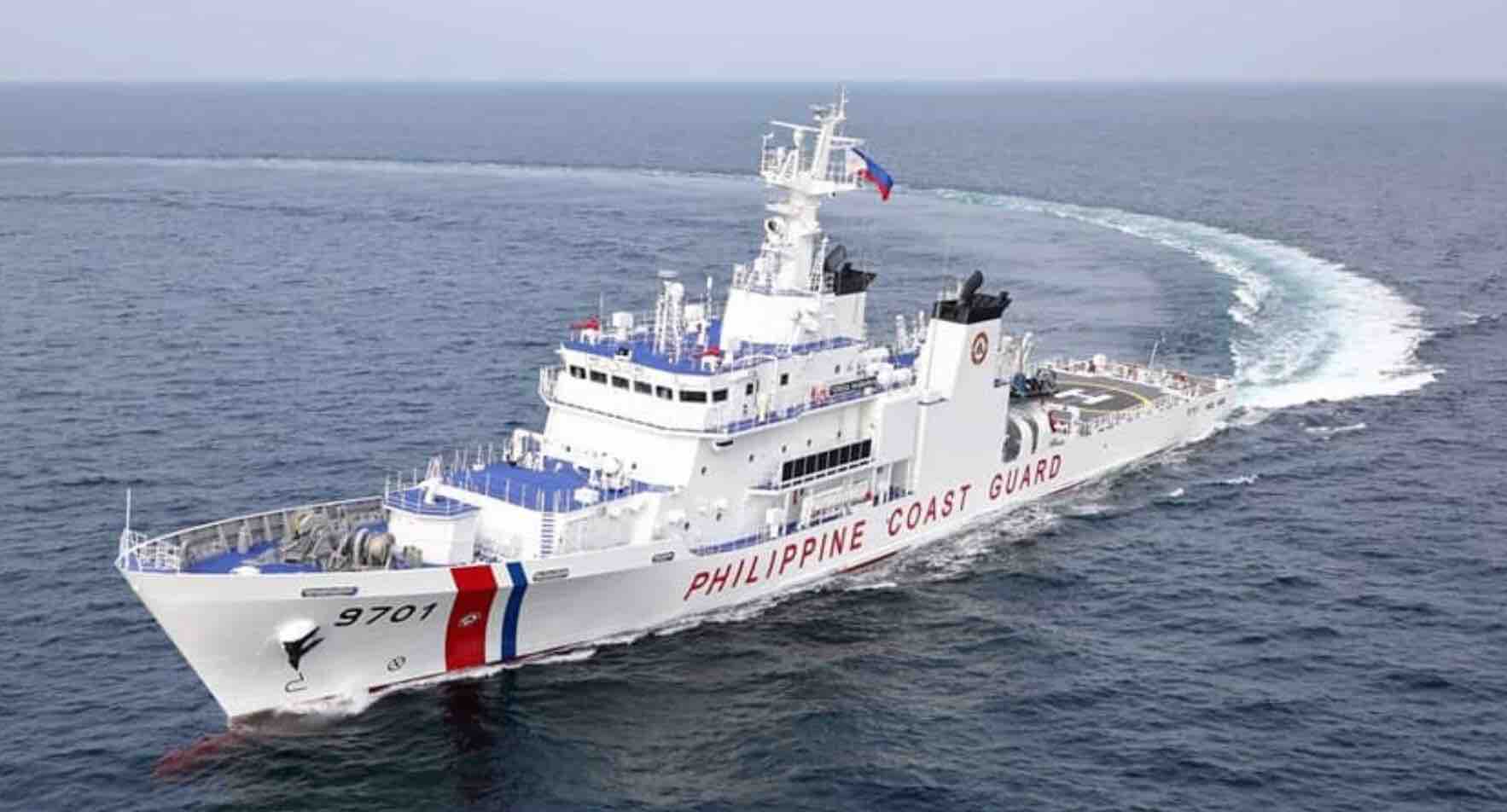 A Japanese-build patrol ship (photo: Philippine Coast Guard)
A Japanese-build patrol ship (photo: Philippine Coast Guard)
All of this is intended to strengthen Manila’s ability in tacking their own issues with China, something that is beneficial for Japan in the long run.
A stronger Philippines means Beijing will have to divert further resources to the South China Sea, which may alleviate the pressure towards Japanese islands in return.
Due to the constitutional restriction, Tokyo cannot fully commit itself to Manila’s security, but it will continue to assist the Filipino military’s modernization in its own way.
The recent transfers and sales are just the first wave, with five more patrol ships on the way, bringing the total number to seventeen.
As the US aims to redeploy its forces to the Philippines in an attempt to deter China, the Japanese effort to improve the Filipino military undoubtedly supplements such strategy.
80 years ago, Japan tried to intercept the advancing US forces at the Philippines – now it is attempting a similar strategy against China, this time with the Philippines and the United States.
Of course, China is quite furious about this move, but we must remember that all of this would have been both unnecessary and unlikely if not for Beijing’s aggressive behaviour in the South China Sea.



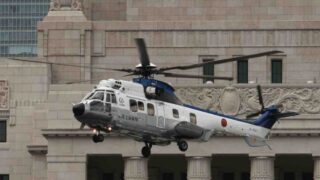
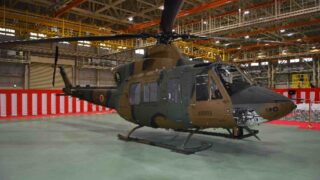
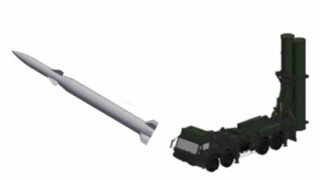
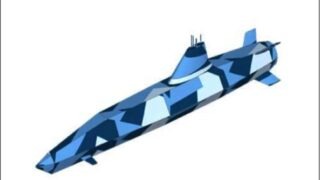
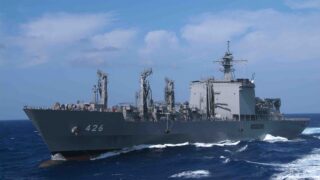
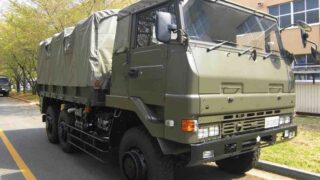
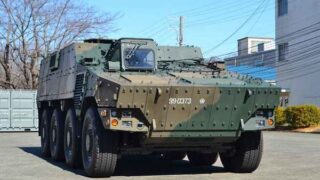
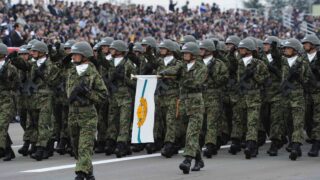

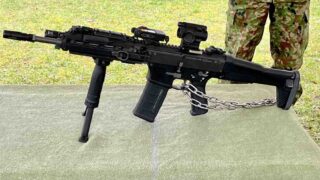
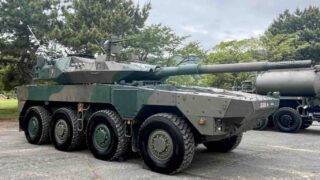
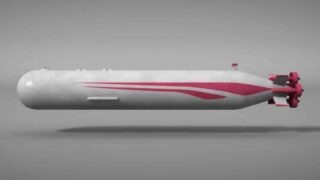
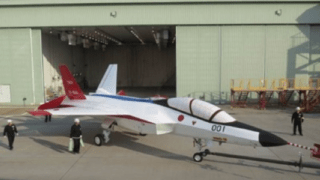
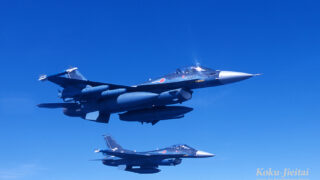
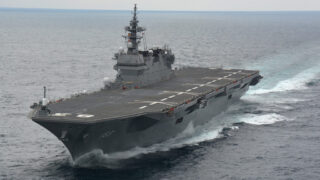
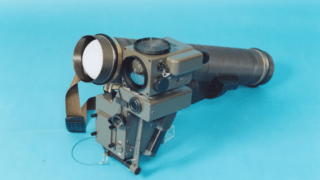
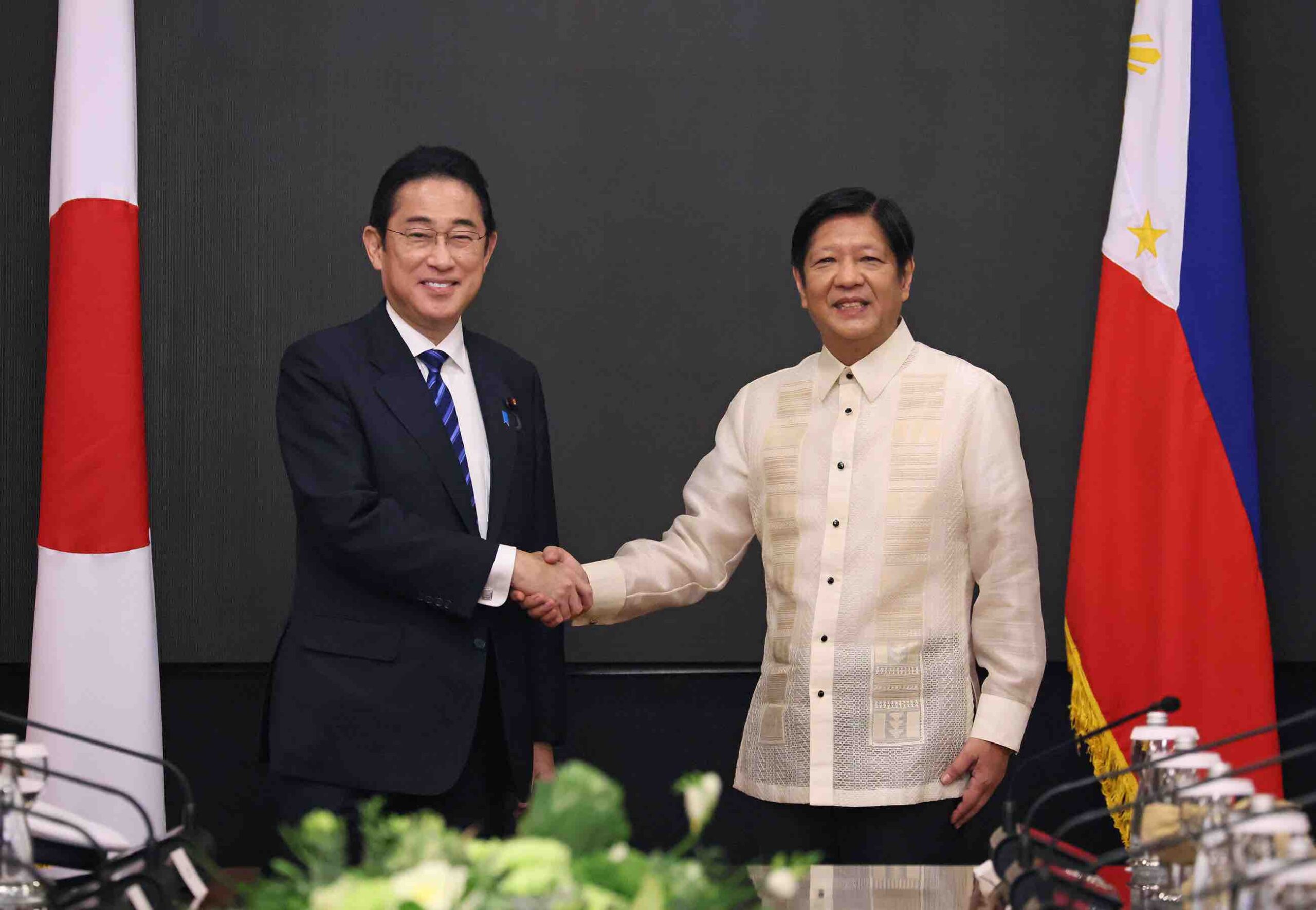
Comments